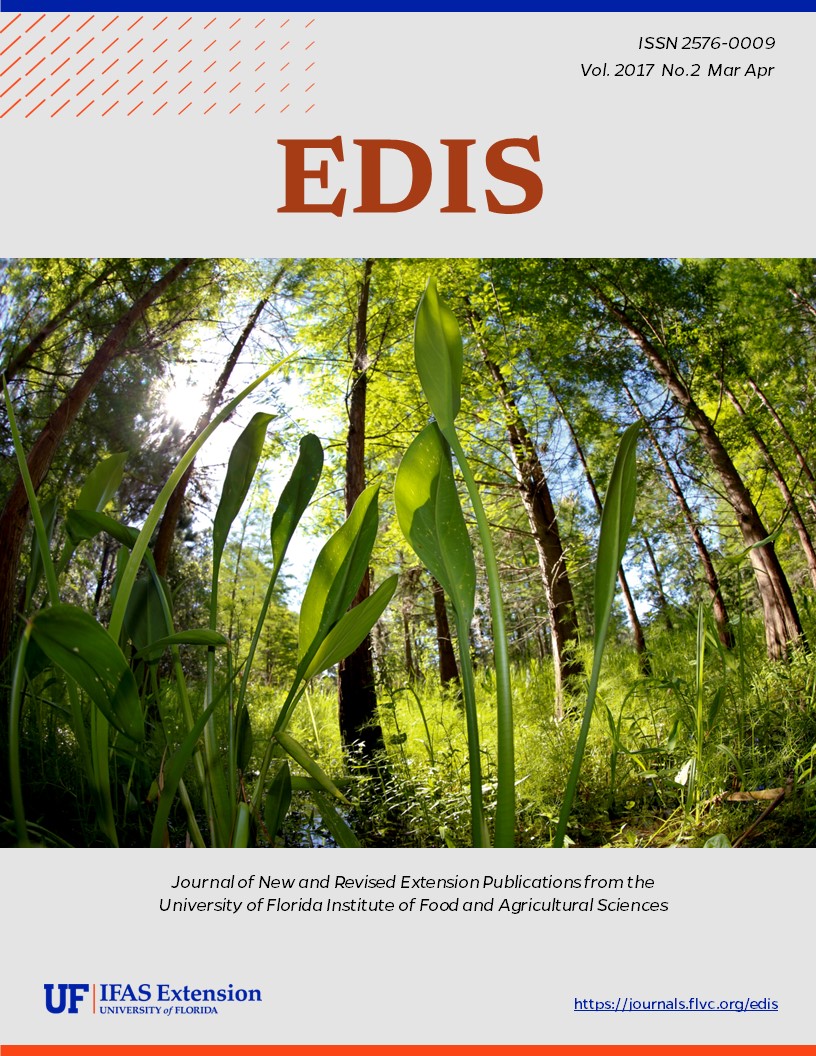Abstract
This document is part of the Getting Engaged series, which is designed to help Extension and research faculty and other community engagement professionals improve their engagement with a variety of stakeholder audiences. This 4-page document provides basic information that will help faculty and other community professionals become more comfortable with engaging various stakeholder audiences. Written by Kathryn A. Stofer and published by the Department of Agricultural Education and Communication, February 2017.
AEC612/WC274: Getting Engaged: Improving Your Stakeholder Engagement Practices (ufl.edu)
References
Bales, S. N., Sweetland, J., & Volmert, A. (2015, September). How to Talk about Climate Change and the Ocean. The Frameworks Institute. Retrieved from http://www.frameworksinstitute.org/assets/files/PDF_oceansclimate/climatechangeandtheocean_mm_final_2015.pdf
Harder, A. (2010). Determining Program Priorities. WC105. Gainesville: University of Florida Institute of Food and Agricultural Sciences. http://edis.ifas.ufl.edu/wc105
Kahan, D. M. (2008). Cultural Cognition as a Conception of the Cultural Theory of Risk (SSRN Scholarly Paper No. ID 1123807). Rochester, NY: Social Science Research Network. Retrieved from http://papers.ssrn.com/abstract=1123807
Lamm, A. J., Israel, G. D., Diehl, D., & Harder, A. (2011). Evaluating Extension Programs.WC109. Gainesville: University of Florida Institute of Food and Agricultural Sciences. http://edis.ifas.ufl.edu/wc109 https://doi.org/10.32473/edis-wc118-2011
Nyhan, B., & Reifler, J. (2012a). Misinformation and Fact-checking. Research Findings. Retrieved from http://www.dartmouth.edu/~nyhan/Misinformation_and_Fact-checking.pdf
Nyhan, B., & Reifler, J. (2012b, February 29). Countering Misinformation: Tips for Journalists. Columbia Journalism Review. Retrieved from http://www.cjr.org/united_states_project/_countering_misinformation_tip.php
Ruth, T. K., Rumble, J. N., Gay, Keegan D., & Rodriguez, M. T. (2016). The Importance of Source: A Mixed Methods Analysis of Undergraduate Students' Attitudes Toward Genetically Modified Food. Journal of Agricultural Education, 57(3), 145-161. https://doi.org/10.5032/jae.2016.03145
Harder, A. (2010). Determining Program Priorities. WC105. Gainesville: University of Florida Institute of Food and Agricultural Sciences. http://edis.ifas.ufl.edu/wc105
Kahan, D. M. (2008). Cultural Cognition as a Conception of the Cultural Theory of Risk (SSRN Scholarly Paper No. ID 1123807). Rochester, NY: Social Science Research Network. Retrieved from http://papers.ssrn.com/abstract=1123807
Lamm, A. J., Israel, G. D., Diehl, D., & Harder, A. (2011). Evaluating Extension Programs.WC109. Gainesville: University of Florida Institute of Food and Agricultural Sciences. http://edis.ifas.ufl.edu/wc109 https://doi.org/10.32473/edis-wc118-2011
Nyhan, B., & Reifler, J. (2012a). Misinformation and Fact-checking. Research Findings. Retrieved from http://www.dartmouth.edu/~nyhan/Misinformation_and_Fact-checking.pdf
Nyhan, B., & Reifler, J. (2012b, February 29). Countering Misinformation: Tips for Journalists. Columbia Journalism Review. Retrieved from http://www.cjr.org/united_states_project/_countering_misinformation_tip.php
Ruth, T. K., Rumble, J. N., Gay, Keegan D., & Rodriguez, M. T. (2016). The Importance of Source: A Mixed Methods Analysis of Undergraduate Students' Attitudes Toward Genetically Modified Food. Journal of Agricultural Education, 57(3), 145-161. https://doi.org/10.5032/jae.2016.03145

